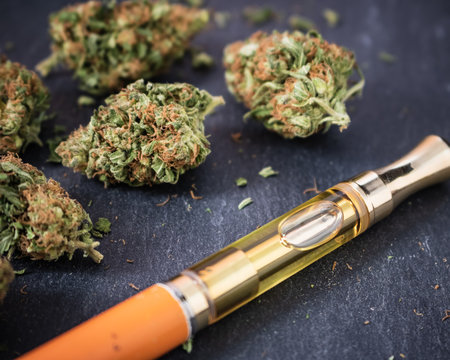Psychedelics
Psychedelics, a class of substances known for their ability to alter perception, mood, and cognitive processes, are currently the subject of considerable scientific and cultural interest. *Indeed*, these compounds, which include substances such as psilocybin, LSD, and mescaline, exert their effects primarily by influencing the serotonin system in the brain. *Specifically*, they bind to serotonin receptors, particularly the 5-HT2A receptor, leading to a cascade of neurochemical events that disrupt typical neural network activity.
*Consequently*, individuals under the influence of psychedelics often report a range of subjective experiences, from profound alterations in sensory perception to intense emotional shifts and feelings of unity. Visual distortions, auditory hallucinations, and synesthesia are common occurrences. *Moreover*, users frequently describe encountering novel insights, encountering long-forgotten memories, and undergoing shifts in their sense of self and reality.
Psychedelics Shop
*However*, the effects of psychedelics are not uniformly positive. *In fact*, some individuals may experience anxiety, paranoia, or panic during a psychedelic experience, particularly in no support settings. *Therefore*, set and setting, referring to an individual’s mindset and the environment in which the substance is ingest, play crucial roles in shaping the nature of the psychedelic experience.
*Furthermore*, research into the therapeutic potential of psychedelics is actively underway. Studies suggest that these substances may hold promise in treating a range of mental health conditions, including depression, anxiety, post-traumatic stress disorder, and addiction. *For example*, psilocybin-assisted therapy has shown significant efficacy in alleviating symptoms of treatment-resistant depression. *Thus*, psychedelics are not merely recreational drugs but complex tools with the potential to unlock new avenues for understanding the mind and treating mental illness.

